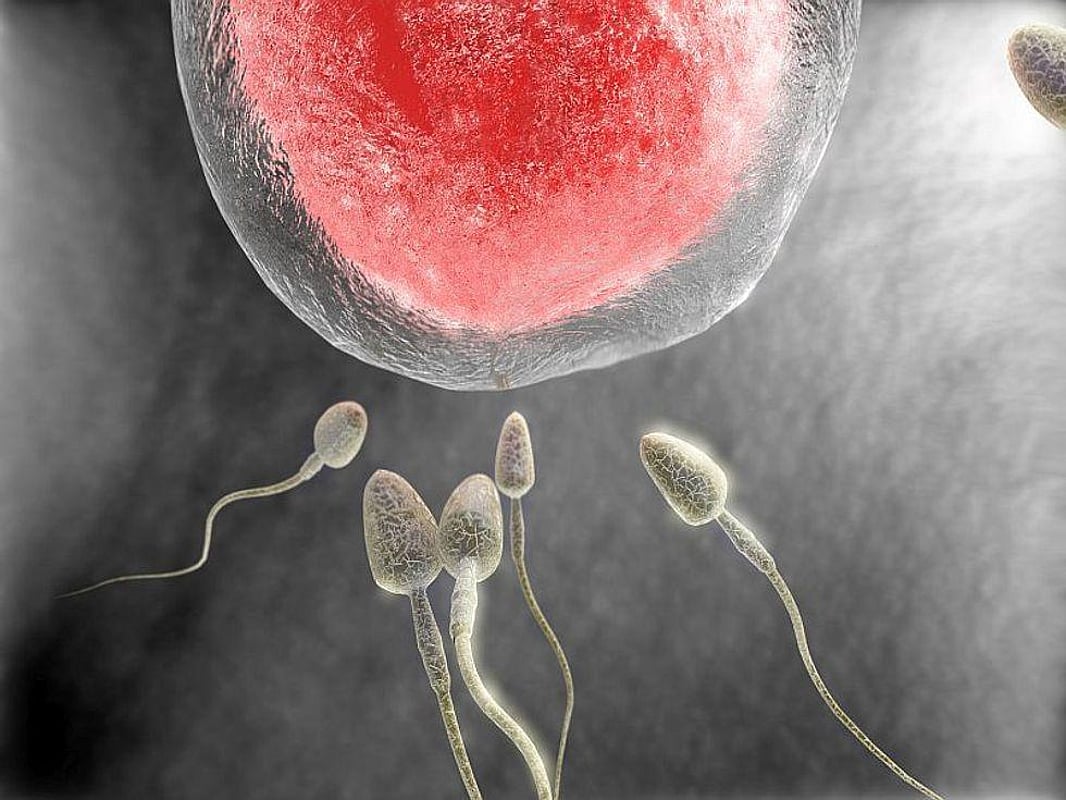One Form of Fertility Treatment May Raise Long-Term Cancer Risk in Offspring

THURSDAY, Sept. 1, 2022 (HealthDay News) -- Children born as a result of a common fertility procedure involving frozen embryos may have higher risk of cancer, Swedish researchers report.
In frozen-thawed embryo transfer, an embryo is created in a laboratory from an egg and sperm, frozen and later thawed before implantation.
“The individual risk was low, while at a population level it may have an impact due to the huge increase in frozen cycles after assisted reproduction,” said study co-author Ulla-Britt Wennerholm of the department of obstetrics and gynecology at the University of Gothenburg.
"No increase in cancer was found among children born after assisted reproduction techniques overall," she said.
The new findings were published online Sept. 1 in PLOS Medicine.
Prior studies have suggested that children born after frozen-thawed transfer may have higher short-term health risks, but long-term risks have been less clear.
For the new study, researchers analyzed medical data from more than 7.9 million children in Denmark, Finland, Norway and Sweden. Of those, about 172,000 were born as a result of assisted reproductive technology (ART), including 22,630 born after frozen-thawed transfer.
While children born after frozen-thawed embryo transfer were at higher risk of cancer than children born after fresh embryo transfer or conceived without ART, overall cancer risk was not higher for those conceived through ART, the researchers emphasized.
The most common cancers seen in the study were leukemia and tumors of the central nervous system, the study authors noted in a journal news release.
The researchers said the results should be viewed with caution because the number of children who developed cancer was low — 48 cases in all. More study would be needed to confirm a possible link between cancer and frozen-thawed transfer and any biological mechanisms underlying the risk.
More information
The U.S. Centers for Disease Control and Prevention has more on assisted reproductive technology.
SOURCE: PLOS Medicine, news release, Sept. 1, 2022
Was this page helpful?
Related Posts
Mitotane Not Needed With Low- to Intermediate-Risk Adrenocortical Carcinoma
TUESDAY, Sept. 5, 2023 (HealthDay News) -- Mitotane does not show a significant...
Alexa pronto pondrá a los usuarios en contacto con los médicos de telesalud
MARTES, 1 de marzo de 2022 (HealthDay News) -- Alexa ya puede reproducir su...
Flu Vaccine 36 Percent Effective Against A(H3N2) in 2021/2022
TUESDAY, Jan. 3, 2023 (HealthDay News) -- For the 2021 to 2022 influenza season,...
Blood Test Shows Promise at Catching Cancers Early
MONDAY, Sept. 12, 2022 (HealthDay News) -- A single blood test that can screen...
